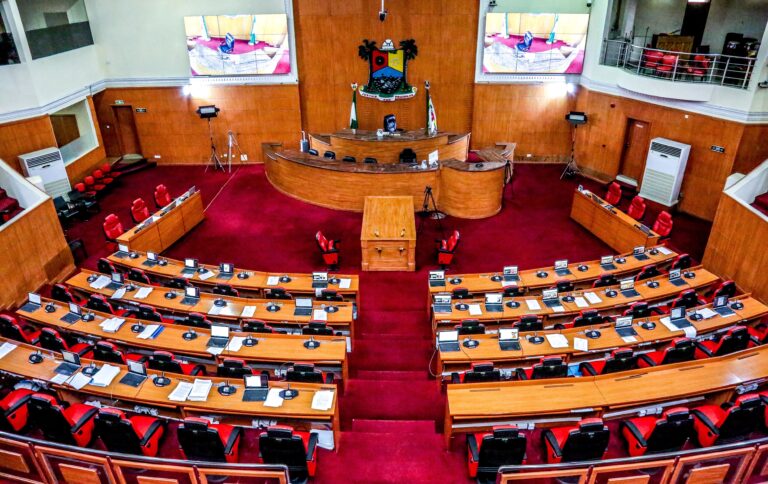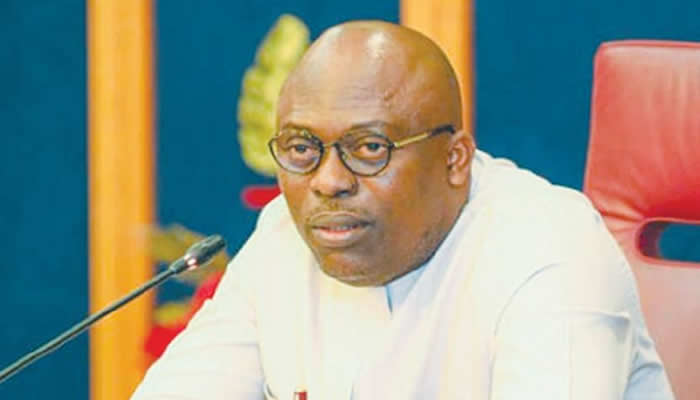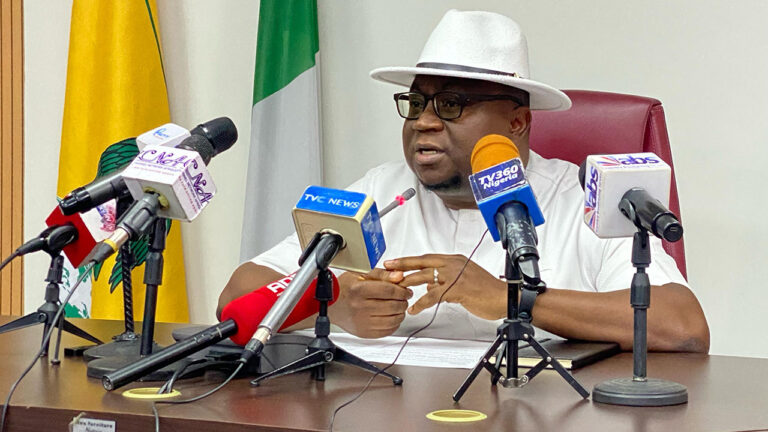
Nigeria’s Federal Government has expressed concern over the United States’ deportation of 13 Nigerians to Ghana without prior notification.
The Nigerians, alongside one Gambian, were reportedly flown out of the United States on a military cargo plane and handed over to Ghanaian authorities, despite having no ties to the country.
Ghana’s Foreign Minister, Samuel Okudzeto Ablakwa, stated that Accra accepted the deportees purely on humanitarian grounds, citing Ghana’s Pan-African commitment after other West African countries allegedly rejected the request.
We simply could not continue to witness the suffering of our fellow West Africans.
We made it clear to the Americans that we would not accept one dollar, as taking the deportees comes with some financial burden, he said. Nigerian officials, however, have distanced themselves from the move, insisting that Abuja was not consulted.
Spokesperson for Nigeria’s Ministry of Foreign Affairs, Kimiebi Imomotimi Ebienfa, said: What we have only rejected is the deportation of other nationals into Nigeria.
Our citizens can be returned directly, and there is no reason to send them to another country first.
According to Ghanaian government officials, the 14 deportees have departed Accra for their countries of origin.
Ghana’s Minister for Government Communications and Presidential Spokesperson, Felix Kwakye Ofosu, reiterated this claim in an Associated Press interview, stating that the Gambian deportee flew home, while the 13 Nigerian deportees were repatriated by bus.
However, lawyers representing four Nigerian immigrants dispute this claim, stating in court filings and AP interviews that the four deportees remain detained in a Ghanaian facility.
Minister Ofosu denies knowledge of this facility, emphasizing that none of the deportees remain in Ghana and that no rights have been violated.
The U.S. Mission in Nigeria has reiterated that U.S. visa application fees are non-refundable and non-transferable, acknowledging the frustration of many Nigerians whose applications were denied despite significant fees, and clarifying that fees cover application processing costs regardless of outcome.




